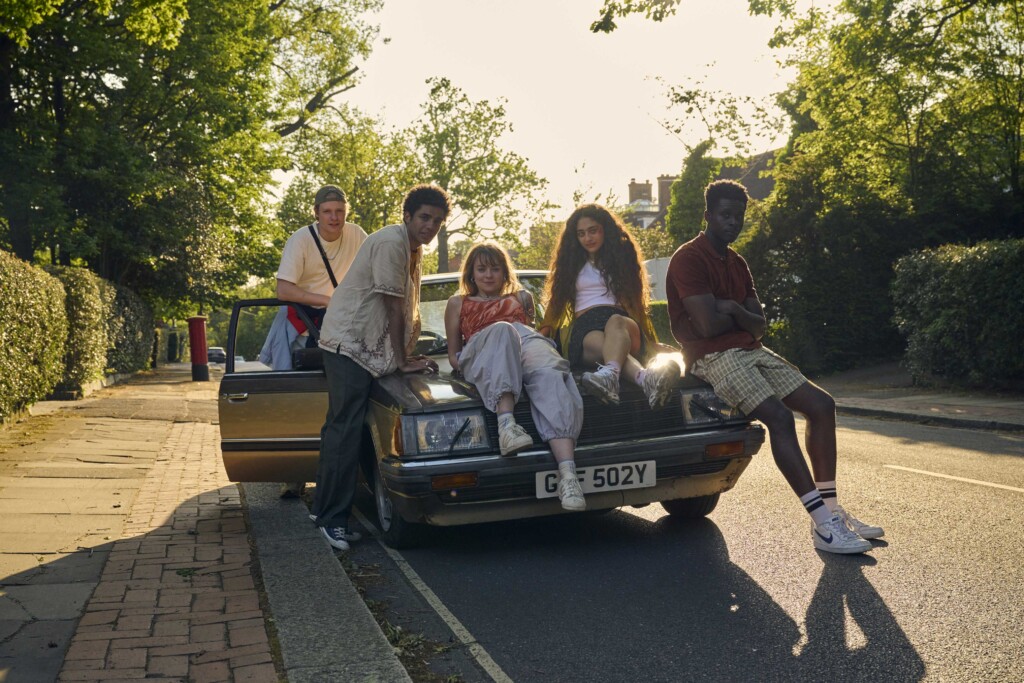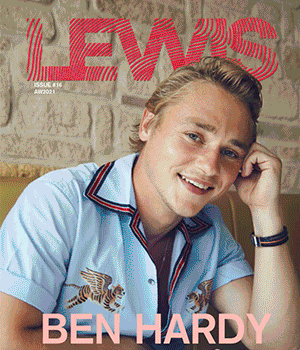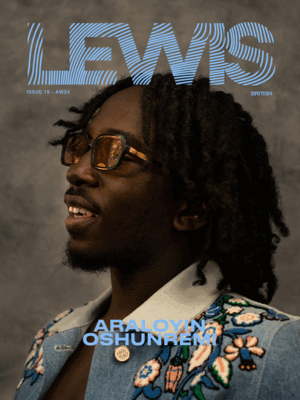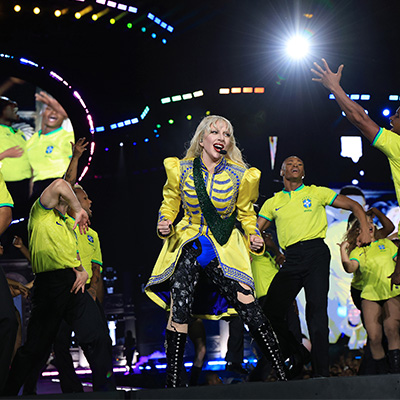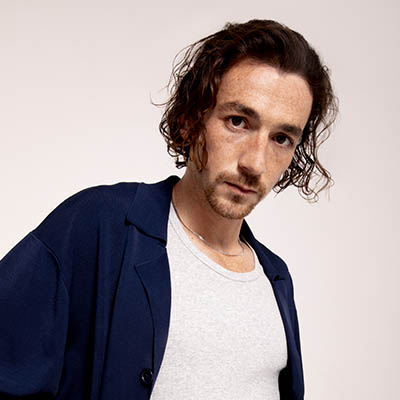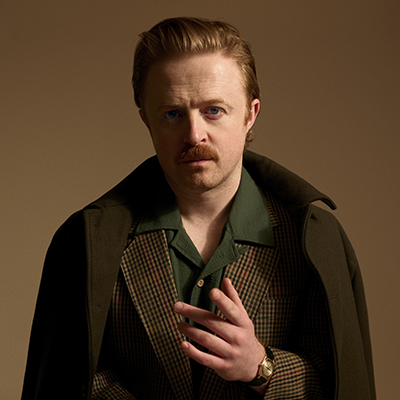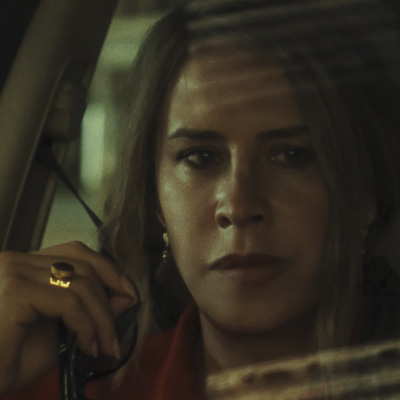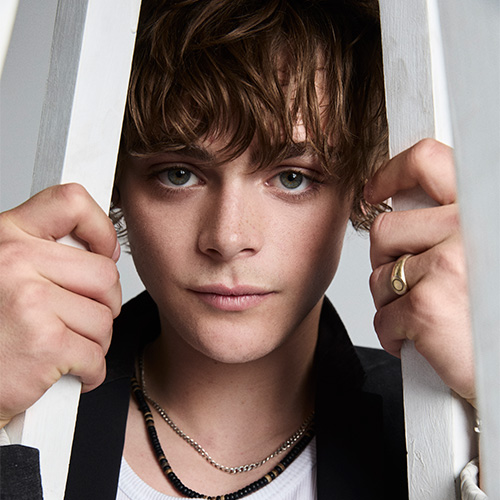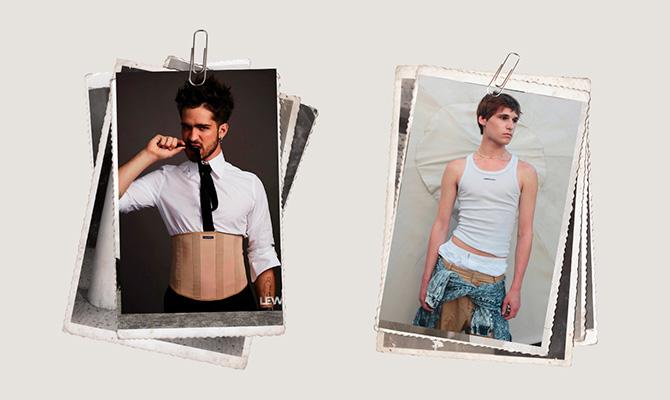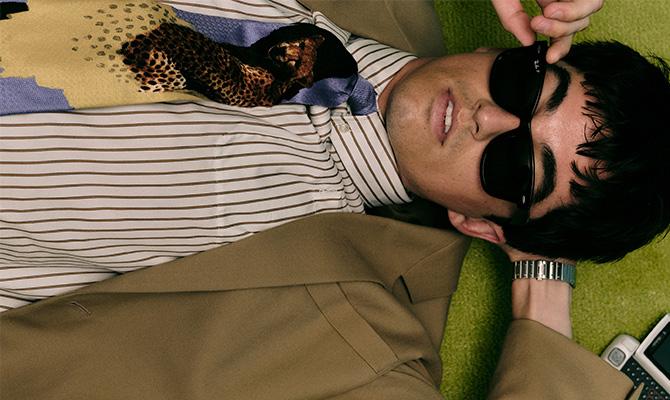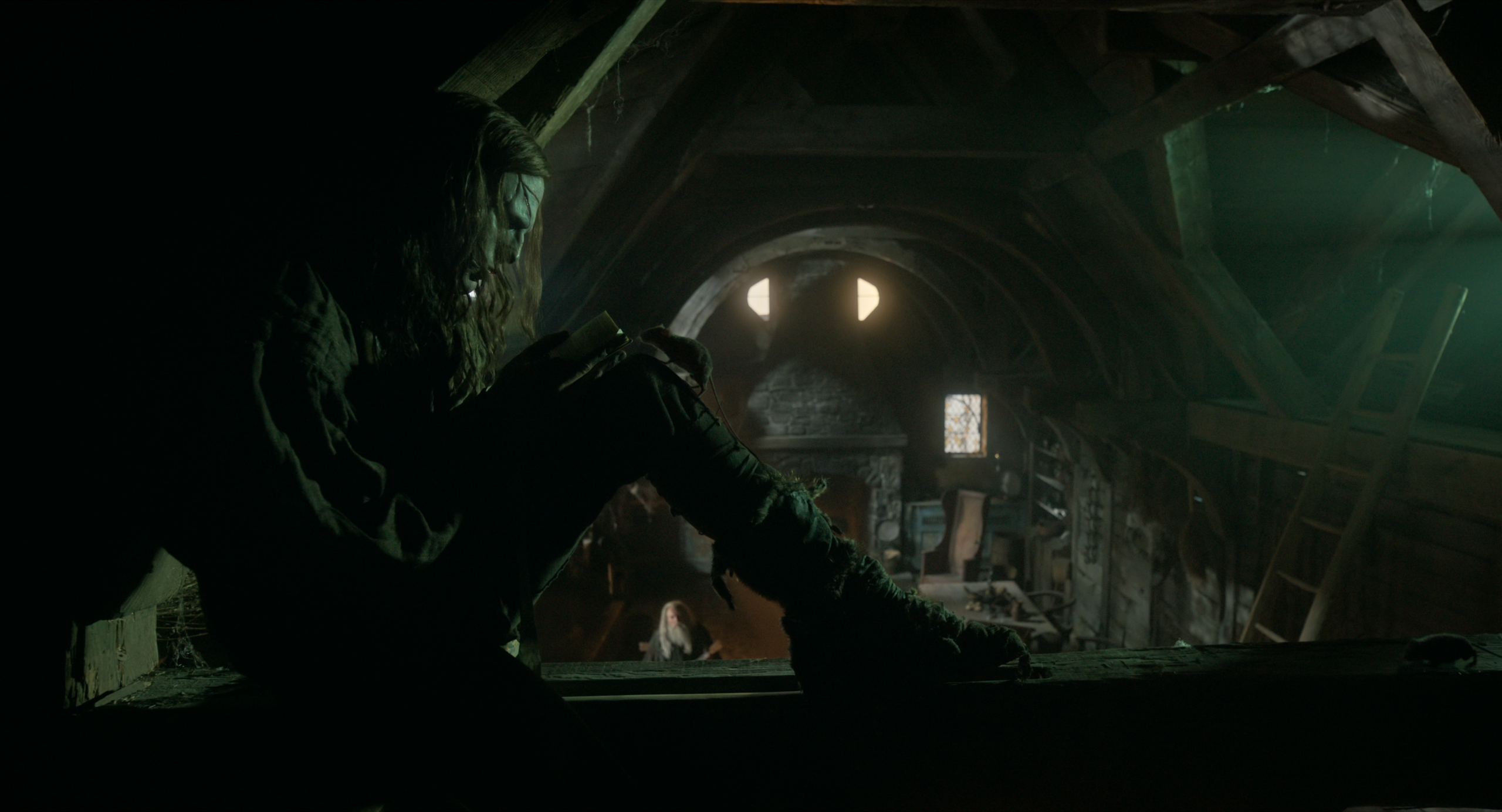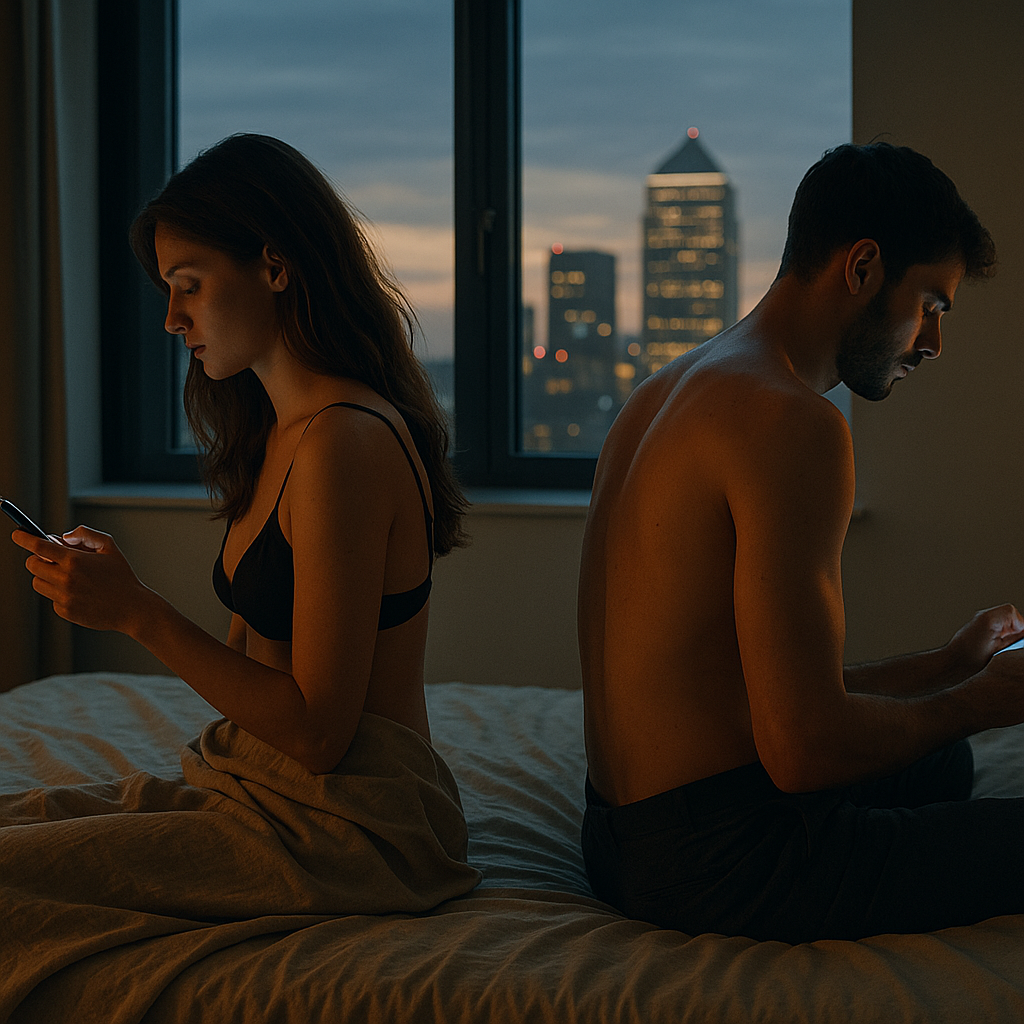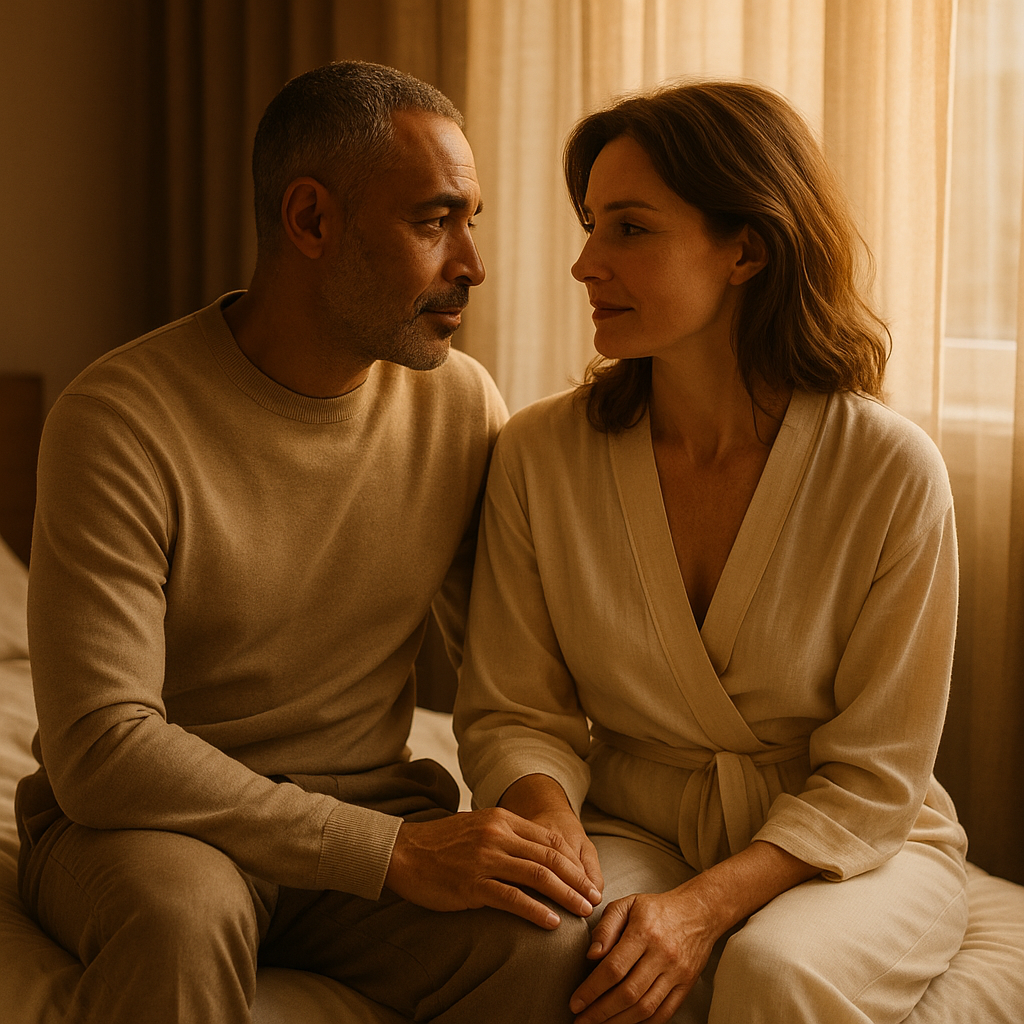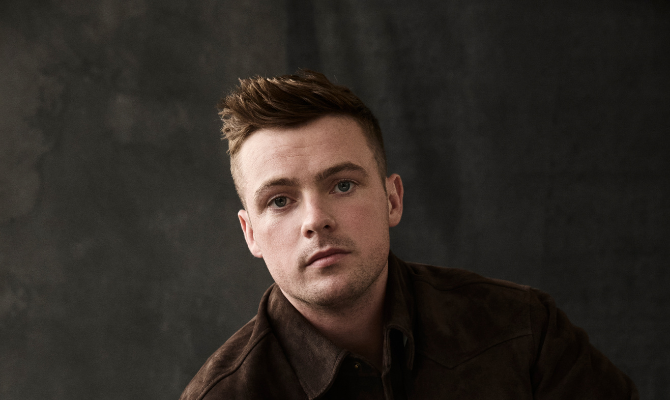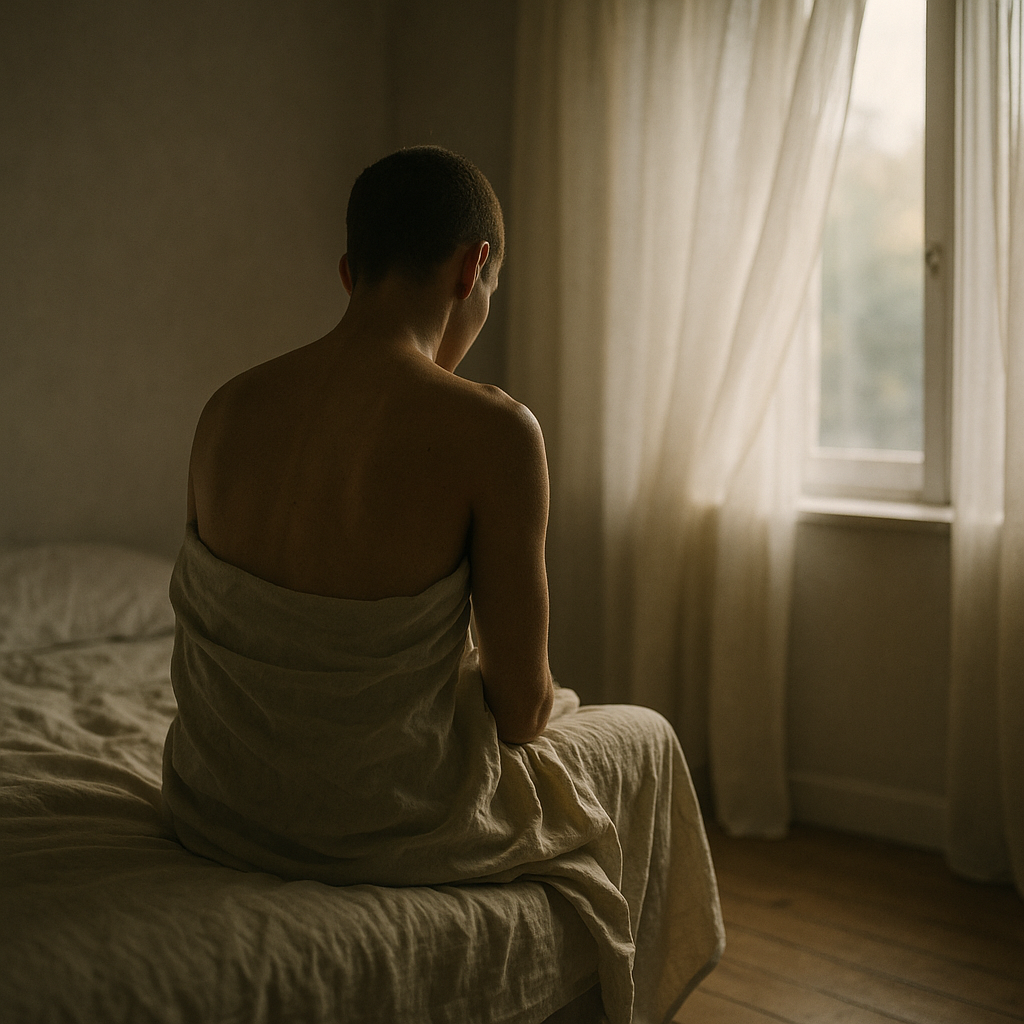LAST SWIM | Deba Hekmat on Breaking Stereotypes, London Summers, and Honest Storytelling
In Last Swim, Deba Hekmat shines in a raw, intimate portrayal of Ziba—a character that felt so personally aligned, it seemed destined. In this exclusive interview, the Kurdish British actress opens up about the rare joy of seeing an immigrant teen portrayed without cliché, the magic of sun-soaked South London, and the honest friendships that made this indie film so powerful. With her background in fashion and deep roots in London, Deba brings more than just performance to the screen—she brings lived experience, fierce pride, and a belief that stories like hers deserve space in British cinema.
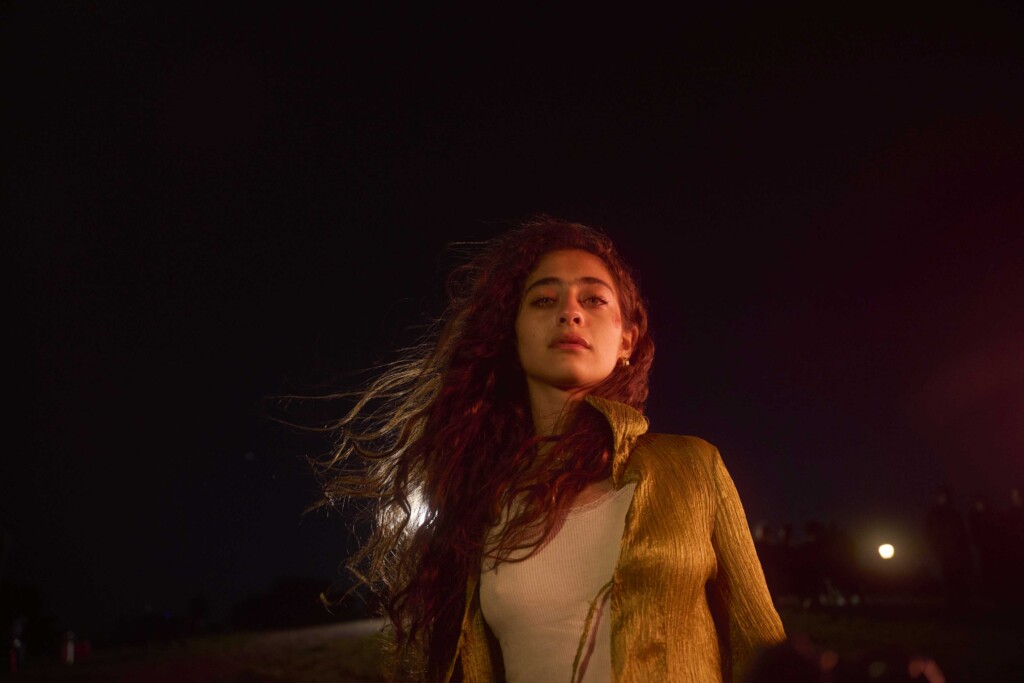
SD – Last Swim has been praised for its raw, heartfelt storytelling. What initially drew you to the role and how did you connect with your character on a personal level.
DH – The first thing that connected me to the role was the character’s name, Ziba, which is like my name, Deba. I called my mom, excited, thinking this script was meant for me. It was incredible to see a story about a British Iranian teenager, a perspective I’ve never seen before in the UK. The script didn’t stereotype her as poor just because she was an immigrant; she lives in a nice house and has her own style. Her Iranian background doesn’t define the entire film; she’s a Londoner with interests beyond her ethnicity. That’s what made me happy and excited about this script.
SD – Oh, fantastic! Thank you. The film captures, the energy and complexities of late teen friendships. How did you and your co-stars build that chemistry on set to make the relationships feel so authentic?
DH – I mean they were authentic. I love those guys to bits, and without them, and without their honesty and openness, we wouldn’t have been able to work the way that we did. We were given a week and a half of rehearsal before the film, and we spent most of that time just chatting, dancing running around studio that we’d been given. So, it was honestly less blocking and less like going through characters, but more just understanding each other as people before. We were about to spend 4 weeks together every day, and then, in the actual space of shooting, we all shared one trailer. It’s as indie as Indie filmmaking gets. There were like 4 or 5 of us in the morning, every day getting ready together from crack of dawn to the end of every day. And it was just special having that tightness in space. It wasn’t like we all had our own spaces and confined ourselves to ourselves during lunchtime – like we were together from day one till the end.
SD – Sasha Nathwani describes Last Swim as a love letter from London as someone with a strong connection to the city. What aspects of the film’s setting resonated with you the most?
DH – The joy and the freedom London gives you on a nice, sweaty, hot summer’s day, it’s a shame that we all go away on holiday in the summer because we don’t get to experience this at any other point. And just that those moments of us in the car reminiscent of what London feels like on a hot, sunny, sweaty day, just like rolling down the windows, tunes blaring in the car, and just going somewhere but having no end goal if that makes sense. I love this city. I owe everything about myself to London.
Just like the that friendship group that we see on screen. It exists in real life. And that’s what’s so great about London, that’s what personally, I would take it one step further and say, South London to me, really encompasses that the idea that we can be from all walks of life, but we’re all living together. I was speaking to my Uber driver today, we were discussing that being from South has in some ways made me be able to resonate with white working-class people more, if that makes sense? I find solace in my white neighbours that have grown up the same way I have, you know, and we see common ground. We’ve got common interests. We all grow up in the same roof, and that’s what London is so beautiful and incredible at doing, in bringing people together
SD – The film has been compared to after Sun and Rye Lane, intimate, emotional. deeply personal British Indies. How does Last Swim carve out its own unique space. Within this landscape
DH – Oh, I mean, we’re in such an exciting time for British cinema, it’s only getting better and better, and people are starting to realise that we can tell so many stories in this country and about so many various groups of people. Right? And again, what sets this one out for me is that we get to see London in this sunny way, in this sunny light, in this gorgeous three-dimensional way, we get to see London on a day where it just feels real. It feels real in a way that we haven’t been able to see London. The only times I’ve seen London in films is when it looked grey, when we’re outside massive estates, and although the nitty grittiness of what we’re used to seeing London on screens is real, and it exists. I think we owe it to ourselves to show the world that we can do it. We’ve got nice things, too, you know, and we’ve got the sun, too, and when the sun hits us, you don’t want to be anywhere else but this city.
SD – Exactly. Thank you. You’ve had an impressive career in modelling – working with major brands and publications. How has that experience shaped your approach to acting and do you feel more at home in front of the camera, or on set as a character
DH – Oh, great question, the modelling side of things for me, modelling and fashion. That is a form of storytelling. It’s just a lot more static. And if we are doing a fashion film, there’s still a story there. But again, it’s a lot more static. It’s a lot more about the clothes than it is the individual, but there’s still an element of playing a character or kind of embodying a certain attitude or emotion when you shoot fashion, and I think for me, I just fell in love with the story telling element, with the idea that everyone on set is so valuable and without a gap, a spark, lighting or one person, everything kind of crumbles, and that’s exactly the same in film. So, for me, I just love the camaraderie of it all. I love the fact that we’re all working on something bigger than ourselves, to create art and to create a film – guess.
SD – As a Kurdish British actress. Do you feel a sense of responsibility in bringing more diverse authentic narratives to the screen are there any stories you’re particularly passionate about telling in the future?
DH – For sure, for sure. I think in the UK anybody that is other than white feels the typecasting on screen, feels the stereotypes that are pushed onto black and brown people in the UK every day when we turn on the TV. And for me, my biggest dream is to literally just be able to go for roles that the white girl next door can go for, you know? if we could make roles that can be played by anyone, and not to say that they shouldn’t have ethnic nuance in them. I think these things can always be added in later right. For example, I did a short film with my friend Seb. Tape, and he’s an incredible director, and it was one of his 1st short films and originally the girl’s name was Jodi, and then he was like, should we change it? Because, you don’t look like a Jodi, and during the conversation we’re like, why change the name? We could just change, maybe her attitude, or like little nuances about her that make it obvious that this girl doesn’t come from a British family, if that makes sense, and that’s what I would like and want us to go for roles that white people get and white people have gone for years and years and years, and if I am going to be typecast or put into a film as a Kurdish person or as a Middle Eastern person, it has to have nuance and the film the character’s entire identity can’t be where they’re from. So literally all I care about is to make sure that people like me are getting roles, things that anybody could do.
SD – When it comes to high fashion campaigns, does your personal style reflect who you are? And does fashion influence the way you approach your on-screen roles?
DH – I think the fashion industry has given me a confidence that allows me to, I guess trust myself a bit more potentially and just because I’ve been doing this for the past like 7 years being in front of camera, I don’t want to say, it comes easy to me, but it does, and it’s not something that I’m afraid of, if that makes sense. I’ve been in rooms where I must be like, maybe potentially a little too naked. And there’s like a bunch of older men with microphones and cameras and stuff just there. So, I think I’ve had to knock the oh, I’m worried about what people think of me very, very quickly, because there’s no space to continuously doubt yourself. So, I think for that I’m grateful because it’s given me space to not doubt myself.
SD – Okay, fantastic. Thank you. And to our last question, with Last Swim gaining critical acclaim, and your career continuing to raise what excites you most about the next chapter, whether in film writing, or beyond
DH – Oh. I guess I was also kind of touching on this today as well. I wouldn’t necessarily call myself an ‘actor’. I don’t think I’d call myself a ‘model’. I wouldn’t call myself anything. I just genuinely love like love beyond words, could ever explain and adore being part of something creative that’s bigger than me. Whether that’s an article, whether that’s a film, whether that’s a documentary, whether that’s an interview where I’m interviewing the person, whether that’s a shoot; I’m just in love with the idea of being part of a team and making and building something. This is what I’m in love with, and I think I’m just excited to carry on being able to be part of something.
SD – Thank you so much Deba. It has been and absolute pleasure talking to you.
DH – Thank you. Thank you so much. You’re an absolute sweetheart. Thank you.
Last Swim is in cinemas in the UK and Ireland from 4 April
